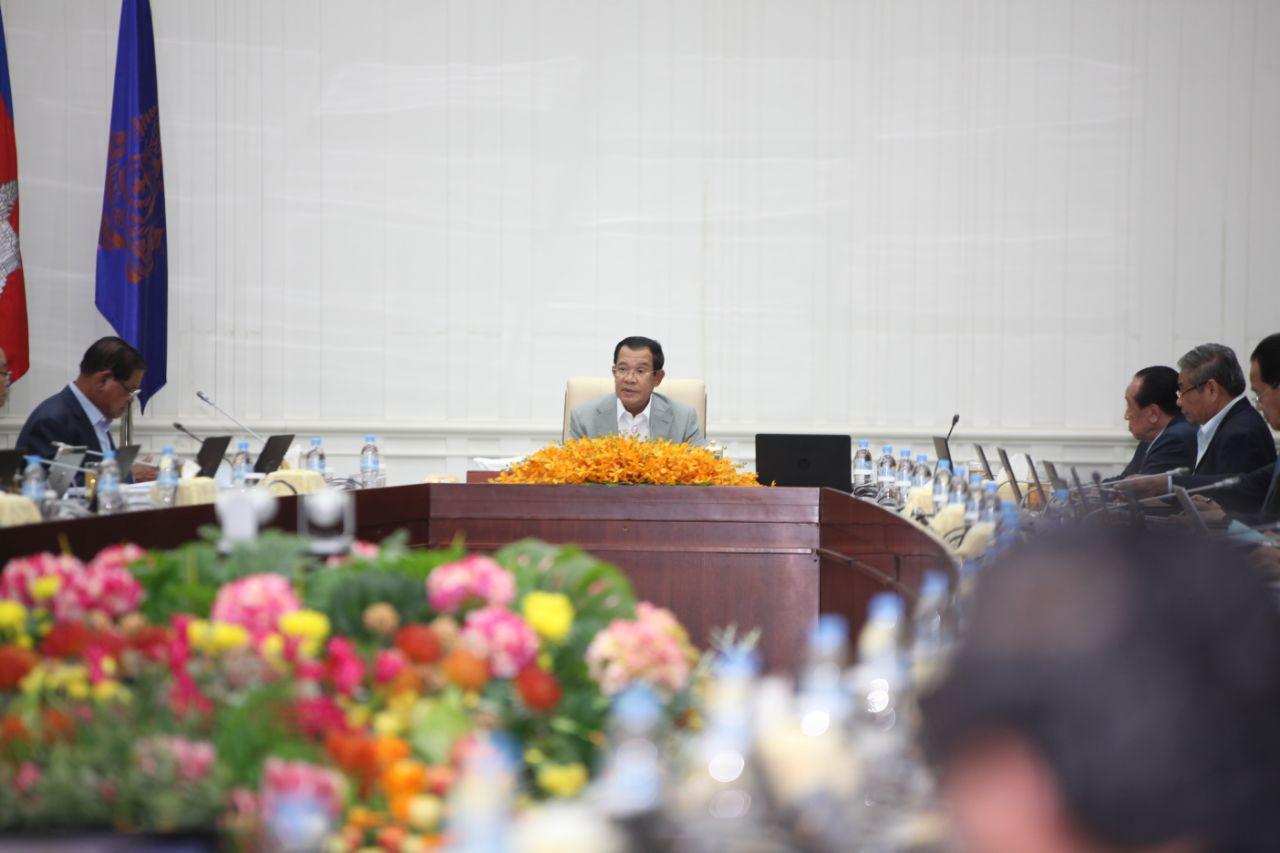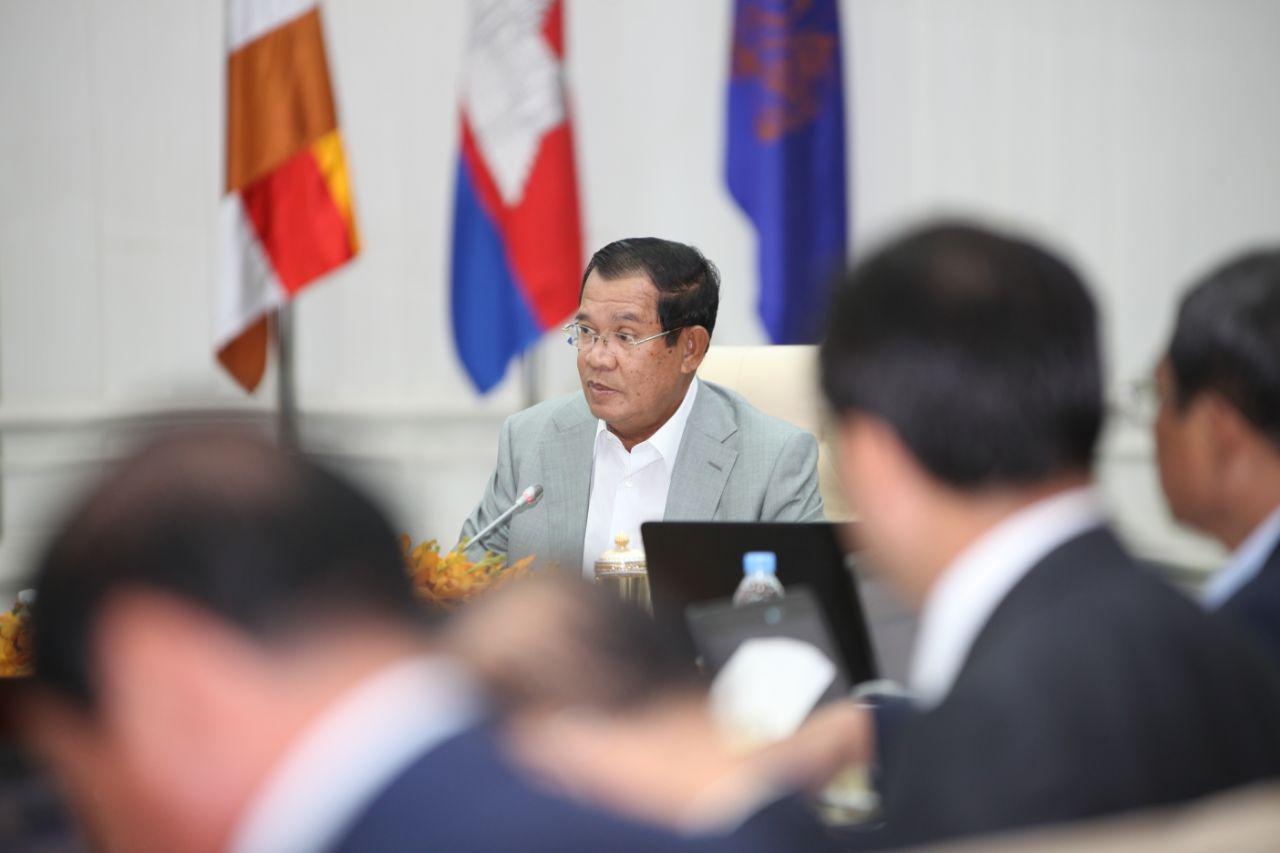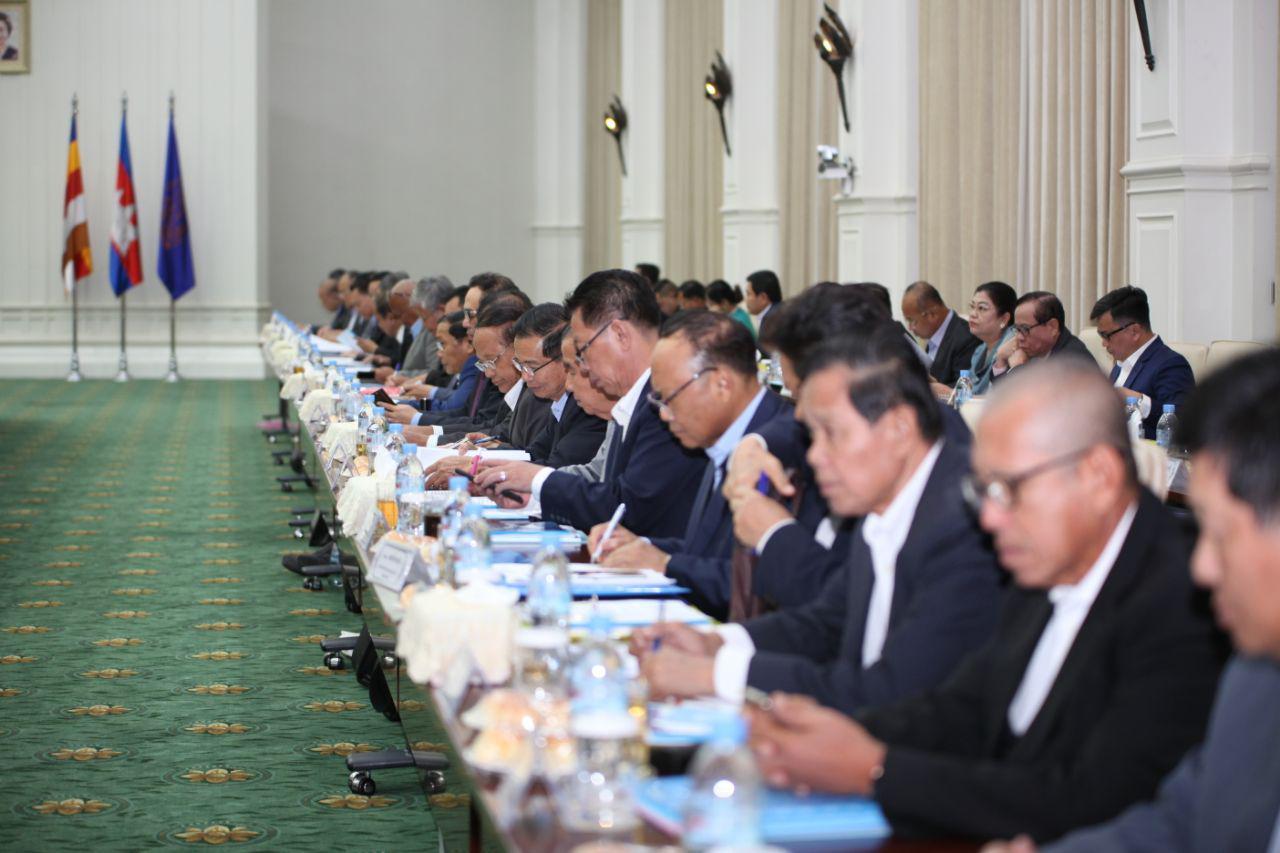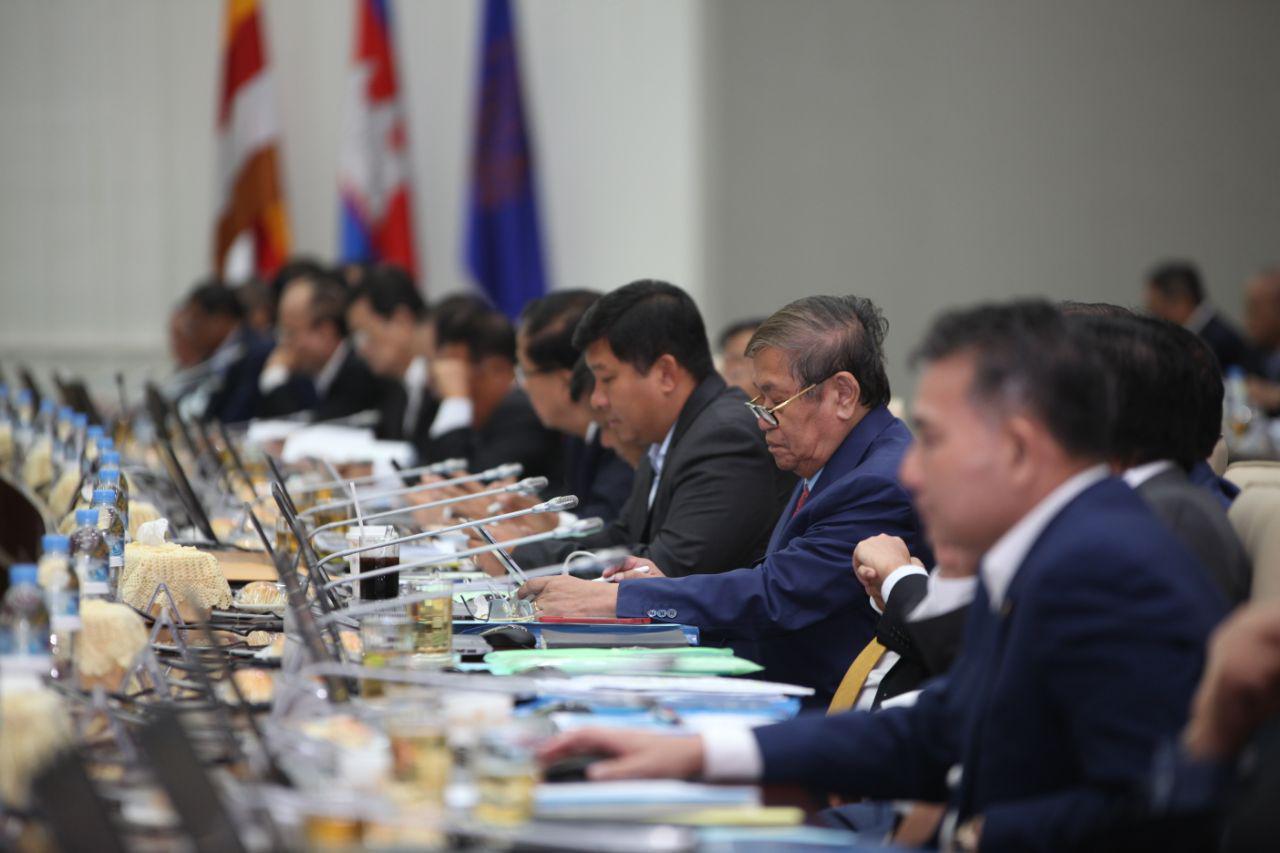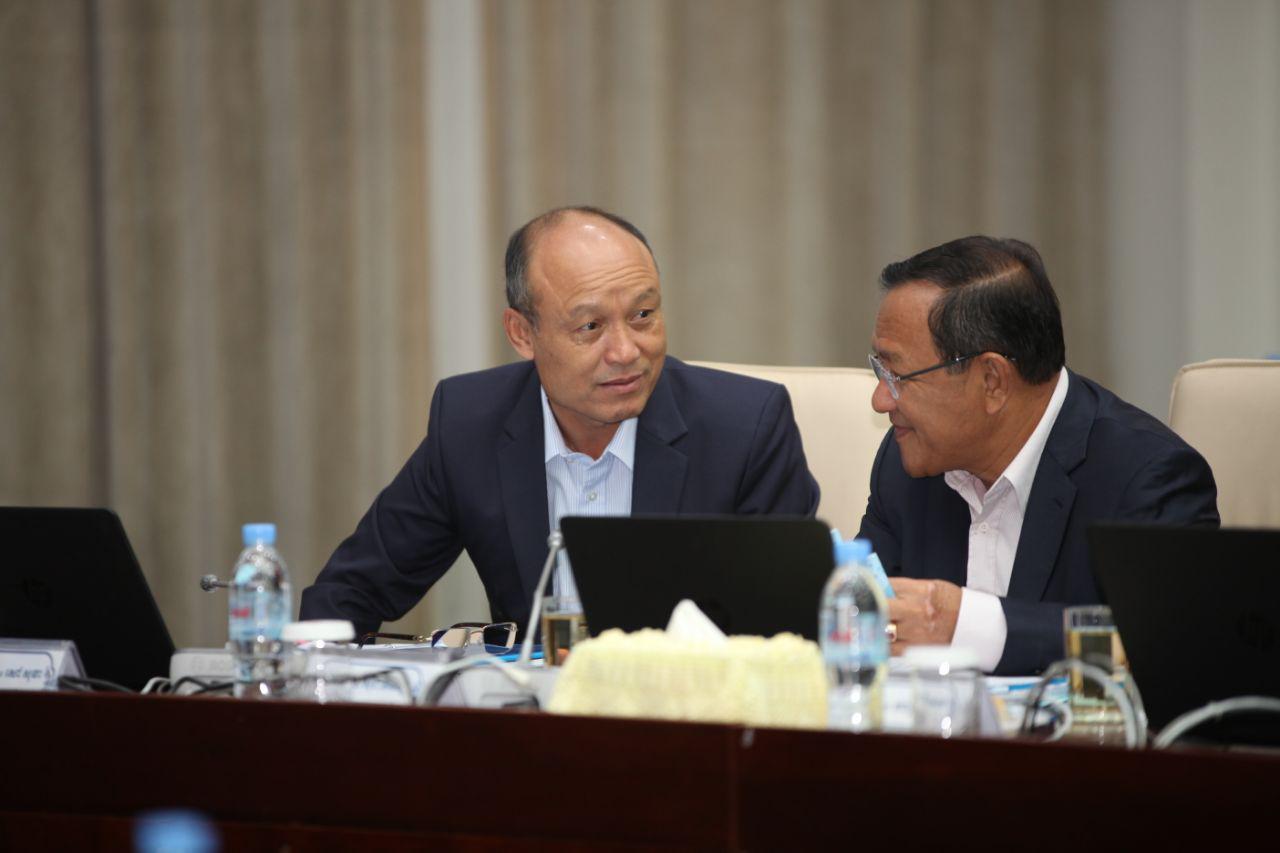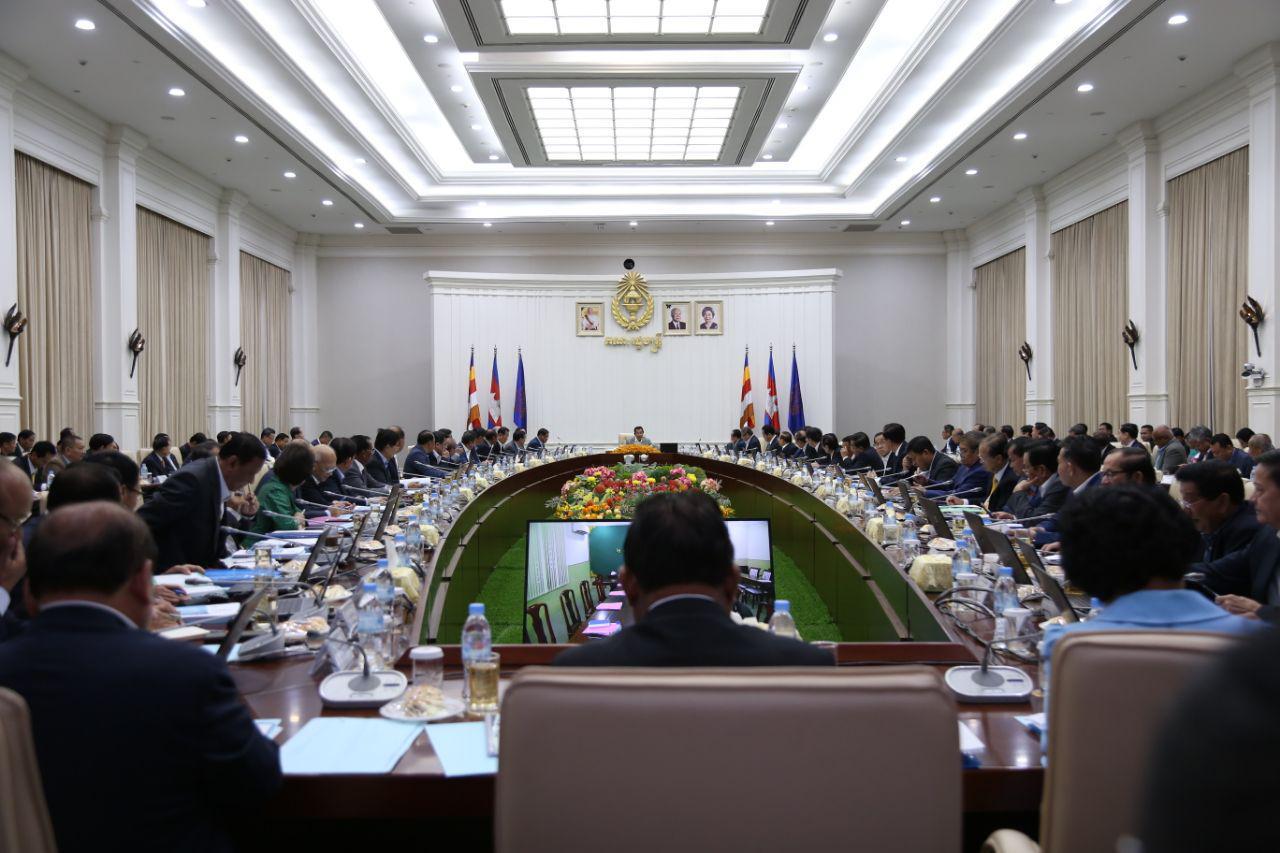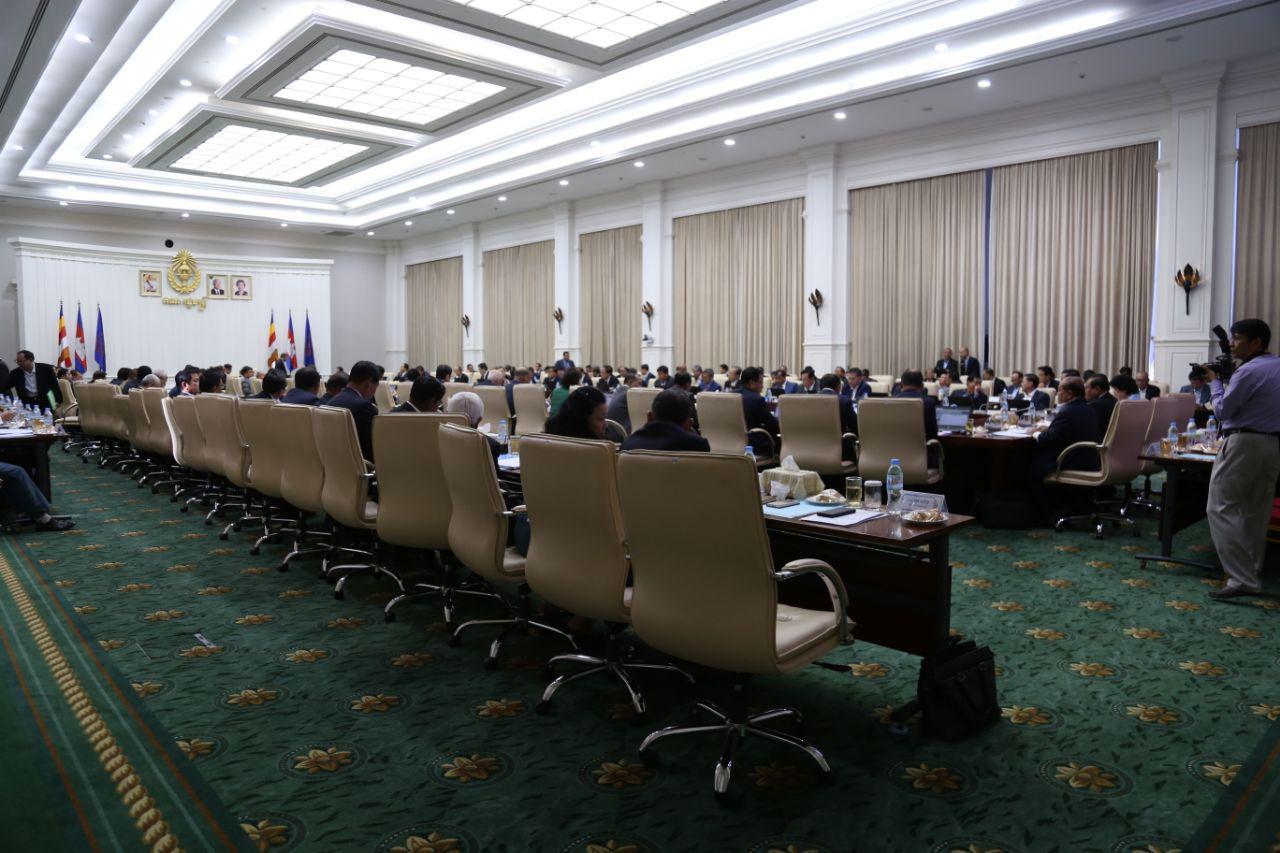Phnom Penh (FN), July 12 – Cambodian Prime Minister Hun Sen decided to construct four more 140-megawatt solar farms in response to energy demand, speaking in a cabinet meeting on Friday.
Government spokesman Phay Siphan said the Council of Ministers adopted the proposals to build a 30 megawatts solar farm in Pursat province; (2) 60 megawatts in Battambang province; (3) 30 megawatts in Banteay Meanchey; and (4) 20 megawatts in Bavet, Svay Rieng.
The spokesman underlined that the development of additional solar farms would address electricity shortages, reduce the amount of petroleum used in power generators, create jobs for people, and give tax revenue to the government, an estimate of USD 1.9 million in average for over 20 years.
Studies have indicated that Cambodia's electricity demand may rise from 1,537 megawatts in 2018 to 2,307 megawatts in 2020, and 2,858 megawatts in 2021.
In the first semester of 2019, Cambodia has received additional 50 megawatts from Vietnam and 60 megawatts from Thailand.
Cambodia will put into operation a 60-megawatt solar power plant in Kampong Speu province in August 2019; receive 195 megawatts from Laos November 2019; and launch a CEL2's 150 MW coal-fired power plant in Sihanoukville in November 2019; and in December, will receive additional 70 megawatts from Thailand.
Cambodia will also get another 100 megawatts from Laos in March 2020, and the 20 megawatt solar farm in Kompong Speu.
In April 2020, Cambodia will operate a 400-megawatt coal-fired power plant in Phnom Penh; and the 60-megawatt in Kampong Chnang province which adopted by the Council of Minister’s meeting on 5 April 2019.
For the year 2021, Cambodia will put into operation a 60-megawatt solar power plant in Pursat province adopted at the Council of Minister’ meeting on 5 April 2019.
This Friday, 12 July, the Council of Ministers is working on four new solar farms, which could produce up to 140 megawatts.
Official of the Electricite du Cambodge (EDC) estimated that by 2021, the kingdom is capable of producing over 1,700 MW, compared to the needs of approximately 1,300 MW.
=FRESH NEWS
